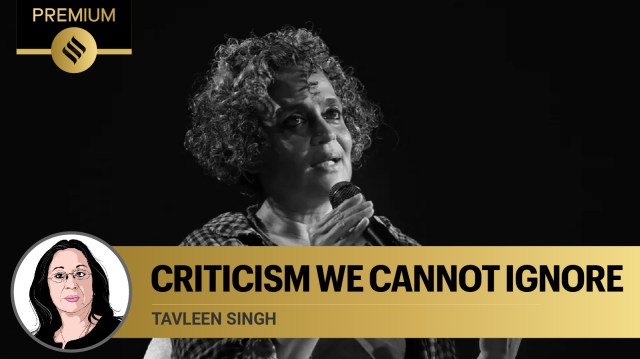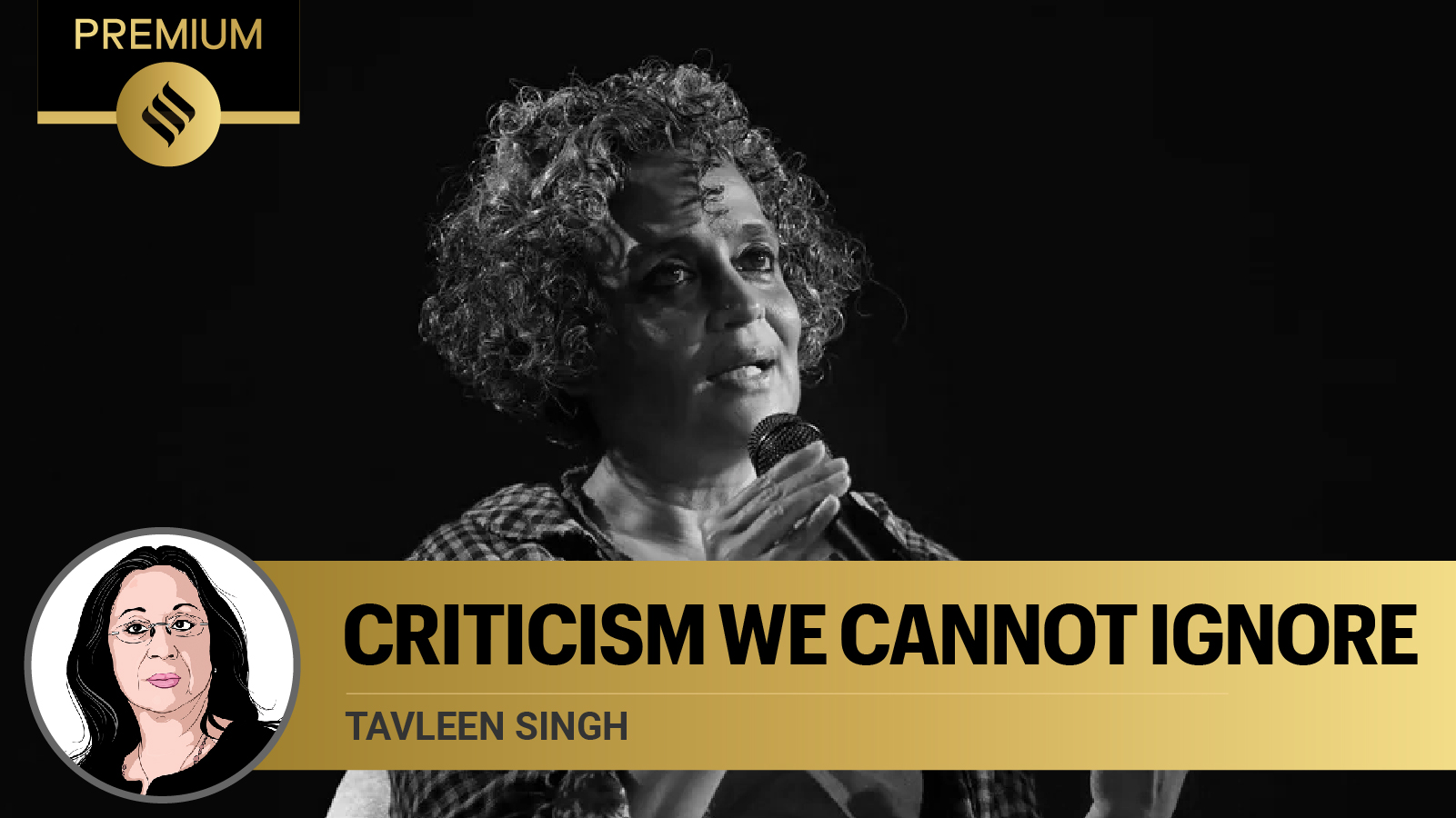
Last week India faced censure that we need to take seriously. The US Secretary of State while releasing the Report on International Religious Freedom for 2023 said that some of the things that were happening to people belonging to minority religions in India were disturbing.
Anthony Blinken’s words as reported in this newspaper were, “In India we see a concerning increase in anti-conversion laws, hate speech, demolitions of homes and places of worship for members of minority faith communities.” Usually, when India faces criticism from foreigners the reaction from high officials in the Government of India is to show fake disdain and fake bravado.
This is not a confident response from the ‘mother of democracy’. None of the things that Mr. Blinken said are untrue. There are anti-conversion laws in ten out of twenty-eight states, says the report. And we do not need anyone to remind us of hate speeches that have called for genocide and bulldozers that somehow only find Muslim houses to demolish. Bulldozer justice worries me personally to such a degree that I have often written against it in this column. Every time the general reaction in the digital public square has been to berate me for not realising that the demolished homes and mosques were built illegally on government land. They ignore the horrible truth that bulldozers only arrive after there has been violence of some kind.
Demonising those of other faiths, especially Muslims, has become so routine in the past ten years that incidents of yet another ‘cattle smuggler’ being lynched now barely make the news. The tragic reality is that the killers are almost never brought to justice and always remain faceless. Now that there is a powerful opposition in Parliament, we must hope that this changes as do a few other practices that have given India a bad name.
Dissidents in the past decade have been regularly arrested under laws that were made for terrorists. It is beyond belief that Umar Khalid, a student leader, has spent four years in jail without being brought to trial. If the government has a good case against him, he should be tried in a court of law instead of being allowed to rot in a jail cell indefinitely.
The laws under which dissidents like him are arrested are such that make it impossible to get bail, so officials get away with lying that it is for the courts to decide who and when someone should be given bail. Judges have no choice but to deny bail if the law has no provision for it.
The latest dissident against whom charges have been brought is Arundhati Roy. This is a lady I have known for many years, and I have never agreed with her political views. But she is not a terrorist. She is a rebel and often a rebel for any old cause. She is given to making reckless speeches.
So, she once said that in her view the Indian Army had been more brutal with the Indian people than the Pakistani army had with that country’s civilian population. Arundhati had clearly not heard of Baluchistan or noticed that the Pakistani Army executed an elected prime minister. It was not this speech that she could soon be put on trial for but a speech she made more than a decade ago in which she said that Kashmir had never been an integral part of India. She was obviously referring to 1947 and not Kashmir’s ancient Hindu past. In any case it was a stupid remark. But this does not make her a terrorist.
One of the greatest achievements of India is that we have managed somehow to remain a liberal democracy amid countries that have been always ruled by military and Marxist dictators. In the old days when relations were better between India and Pakistan, I remember that every time I returned from the Islamist republic next door, I had this sense of suddenly being able to breathe again. Repression and religion so filled the Pakistani air (and still do) that it was difficult to do the most ordinary things. We need to be grateful that this has not happened in India yet, but I can report that I was part of a panel discussion on Kashmir at the Kasauli Literary Festival some years ago and a BJP busybody reported me to the local police station along with a fellow panelist. He disagreed with our views.
These are not things that can or should happen in a democracy. Especially not when as the Prime Minister said last week, we must resolve to never allow another Emergency of the kind that Indira Gandhi imposed. It made me happy to hear him say this. But I feel the need to remind him that the only time, other than then, that I have seen foreign correspondents kicked out of India has been in the past ten years.
The two French journalists who have recently been expelled had not just lived here for years but were married to Indian citizens. So, their families face being torn apart. When journalists, writers and dissidents are expelled, it damages India’s democratic credentials.
Now that the Prime Minister has won a third term and there is a solid opposition block in the Lok Sabha, it is my fervent hope that we can go back to those days when India was confident enough to not be afraid of foreign correspondents or Indian dissidents.



